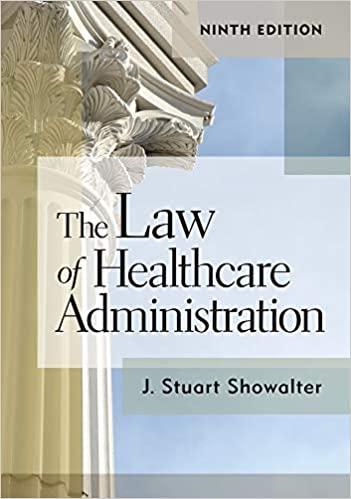In the Arrington opinion regarding what it means when someone comes to the hospital, the US Court
Question:
In the Arrington opinion regarding what it means when someone
“comes to the hospital,” the US Court of Appeals for the Ninth District wrote approvingly of HHS’s position that “it would defeat the purpose of EMTALA if we were to allow hospitals to rely on narrow, legalistic definitions of ‘comes to the emergency department’
or of ‘emergency department’ to escape their EMTALA obligations.”
Which is the more “legalistic” interpretation—that of HHS and the court or that of the person who reads nuances into the plain words of the statute? The case is an excellent example of how seemingly simple language can create serious problems of interpretation. How might you have written the statute to avoid the kinds of ambiguities seen in these cases?
Step by Step Answer:






